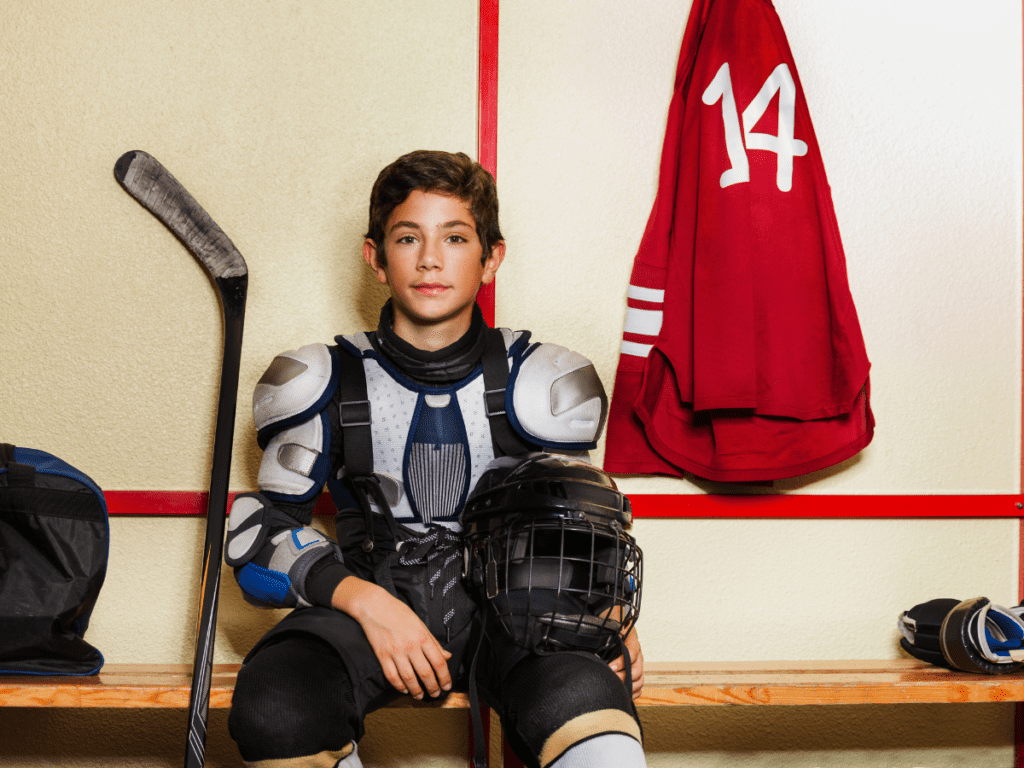Podium Performance Webinars
In partnership with CoachNB, CoachingNL and CoachingPEI, the Canadian Sport Institute Atlantic’s Podium Performance Webinars offer a virtual platform for coaches to connect and learn. The Coach Socialization Series consists of 3-4 sessions a week covering a variety of topics including mental performance, resilience, and a building a positive and competitive culture.
Managing Stress
“We may not have control over our circumstances, but we do have control over our minds.” The Harvard Business Review recommends mental skills and practices to help get us through this challenging time, including expressing gratitude, finding purpose, and using your breath to help with focus and anxiety reduction.
Status Momentum
A study of 117,000 professional tennis matches and 5 million observations in online amateur chess found that even when competitors are evenly matched, players perform worse against an opponent they know has been climbing in rank. Dubbed “status momentum,” a positive trend in an opponent’s ranking can be threatening for athletes, even for seasoned pros…
Understanding and coping among adolescent athletes

View the summary of this research here. Project summary Research Objectives: Participation in youth sport is associated with a variety of positive developmental outcomes among adolescents, however studies of recreational and competitive youth sport contexts have revealed stressors which include not having fun, an overemphasis on winning, conflicts with coaches or opponents, or parental pressures…
External Focus of Attention
Endurance athletes use a number of strategies to distract themselves and manage their performance. For example, athletes can manipulate their attention, focusing either internally (e.g. on the running movement, internal body signals) or externally (e.g. on the environment, music). Research reported in the Journal of Sport & Exercise Physiology measured running economy to confirm the…
Physical Activity and Emotional Development
Research from the Université de Montréal found that children with low or no participation in organized sport from ages 6-10 showed higher emotional distress, anxiety, shyness, and social withdrawal at age 12 than those who participated regularly. The authors suggest that emotional skills learned through sport can help youth successfully navigate the transition from primary…
Reframing Quitting
While sport is often used to teach lessons about commitment and overcoming adversity, sometimes it makes more sense to quit. According to Psychology Today, parents can help their children navigate this decision by helping them assess their goals and motivations, reframing quitting, and encouraging them to explore alternative pursuits.
Mentoring Young Employees
Whether in the office or on the field, sport leaders can provide valuable mentoring for young employees or volunteers. According to the Harvard Business Review, leaders can support the future success of young people through four important conversations: how to build resilience; how to influence others; how to job craft; and how to break out…
Bianca Andreescu & Mental Toughness
Bianca Andreescu made history on Saturday as the first Canadian tennis player to win a Grand Slam singles championship. Her success is attributed, in part, to her mental toughness. Learn how athletes manage stress and stay focused through goal setting, self-talk, imagery and arousal control in this article from The Conversation.
CPC Health and Wellness Video Series
In a series of videos developed by the Canadian Paralympic Committee in partnership with Pfizer, Para sport athletes share the value of sport in their lives, and talk about the mental component of training and competition. Featured athletes include Tess Routliffe (Para swimming) Keely Shaw (Para cycling), Rob Shaw (wheelchair tennis), and Nathan Riech (Para…